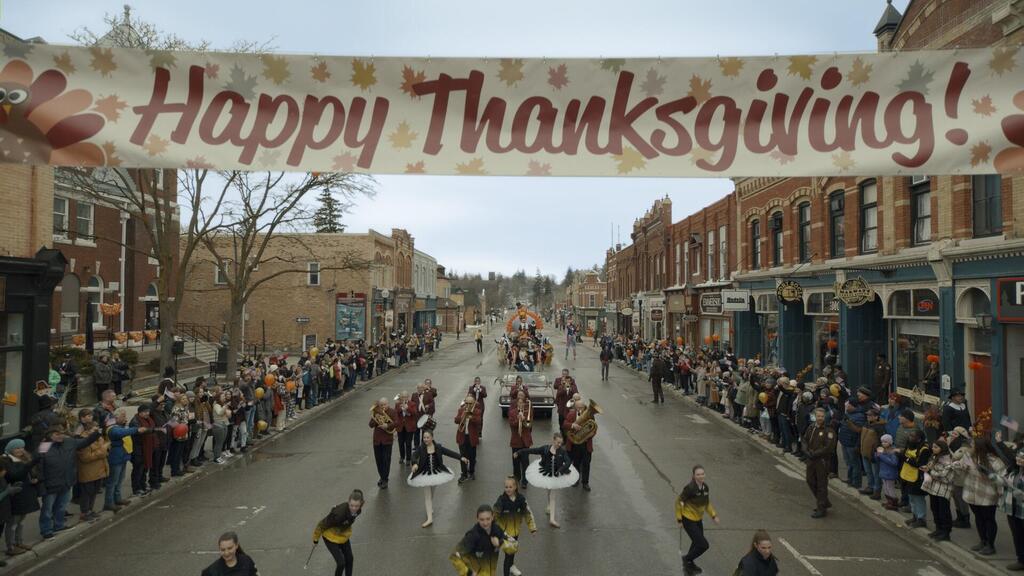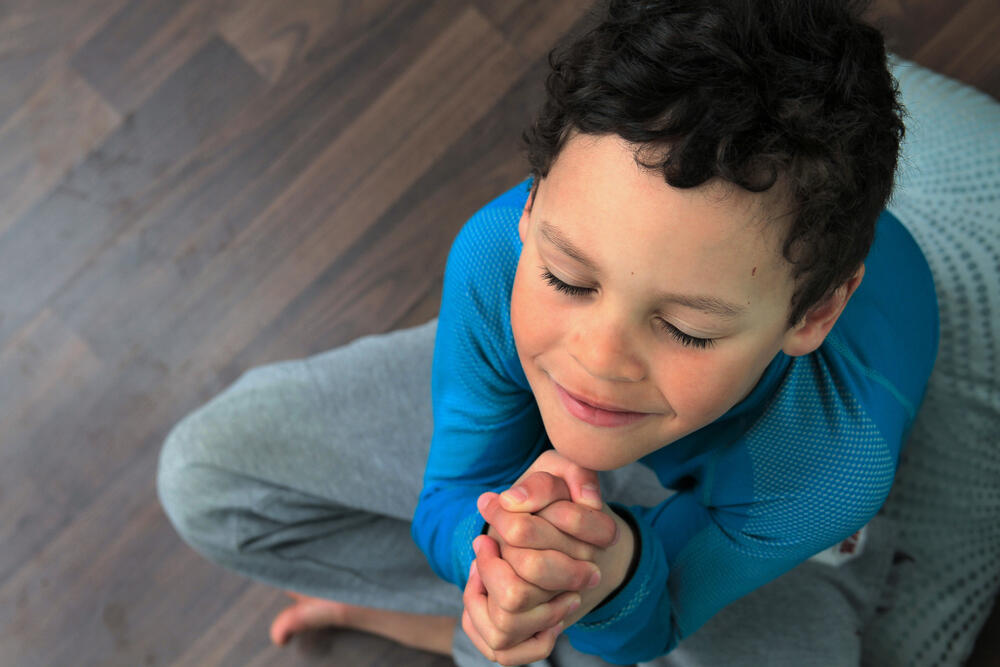Getting your Trinity Audio player ready...
As a rabbi who once lived as a Buddhist monk in the Far East, I've witnessed the transformative power of gratitude in the most unexpected places. Now, as Thanksgiving approaches, I'm reminded of how deeply this American holiday resonates with our Jewish values and practices.
In Judaism, the very word "Jew" (Yehudi in Hebrew) stems from "Lehodot," meaning to acknowledge and thank. This linguistic connection isn't just coincidental; it's foundational to our identity. We Jews are put on this earth to acknowledge the good that the Almighty has done for humankind. It's why we make brachot (blessings) over everything we partake of—each one a moment to be grateful for what God has given us and thank the Almighty for everything we have in our lives. That is what prayer is as well, recognizing that everything we have comes from God. So much of Jewish tradition is steeped in thanksgiving.
During my time working in orphanages in Sri Lanka and India, I encountered children who, despite suffering from polio and malnutrition, exuded a joy that surpassed that of many materially wealthy individuals. Their secret? A deep appreciation for what they had, rather than focusing on what they lacked. This experience taught me that the Jewish practice of constant acknowledgment isn't just a religious obligation—it's a pathway to genuine happiness.
To enhance your Thanksgiving this year, I propose two approaches deeply rooted in Jewish wisdom: specificity and habitual thanksgiving.
The first approach is to be in your expressions of gratitude. In Judaism, we don't just say a general blessing over food; we have specific and individual brachot for bread, wine, fruits and more. Similarly, instead of a generic "thank you for the meal," try saying, "I'm grateful for this delicious stuffing; I can taste the herbs you carefully selected." This level of detail shows that you've truly noticed and appreciated someone's efforts. They in turn appreciate being seen.
The second approach is to not wait for the holiday to show our thanks, but rather to do it every day. Acknowledge the habitual. In Jewish tradition, we begin each day with the "Modeh Ani" prayer, expressing thanks for simply waking up.
On Thanksgiving, extend this practice by recognizing the everyday acts that often go unnoticed. Thank your spouse for picking up the kids from school every day, or for taking out the trash or doing the dishes and laundry, even if it's "just what they do." Thank your children for sharing their smiles with you, and thank your colleagues for their efforts in the office that make your day run more smoothly. Recognize that consistency in routine tasks is often more challenging than occasional grand gestures and takes more effort on behalf of the person doing the action.
These practices align beautifully with the Jewish concept of hakarat hatov, recognizing the good. By focusing on specific details and acknowledging routine kindnesses, we train ourselves to see the myriad blessings in our lives, fostering a deeper sense of contentment and connection.
Get the Ynetnews app on your smartphone: Google Play: https://bit.ly/4eJ37pE | Apple App Store: https://bit.ly/3ZL7iNv
Moreover, this approach can strengthen our relationships, both with the Divine and with those around us. Just as our tradition teaches that expressing gratitude enhances our bond with God, showing appreciation to our loved ones can cement our familial and social ties.
 Rabbi Dov Ber Cohen Photo: Courtesy
Rabbi Dov Ber Cohen Photo: CourtesyAs I often tell my students, being grateful is great for any relationship—the more we thank Hashem, the better our relationship with Him will be. The same principle applies to our human relationships.
This Thanksgiving, let’s be specific in our thanks and acknowledge the habitual blessings in our lives. By doing so, we can transform an otherwise secular holiday into a deeply spiritual experience, one that resonates with the very essence of what it means to be Jewish.
If we are successful, we might just find that the joy we seek has been within our reach all along, waiting to be recognized in the simple moments of each day.
- Rabbi Dov Ber Cohen is an author, a senior lecturer at the Aish World Center in Jerusalem and founder of Living in Tune: Authentic Jewish Mindfulness which offers online courses and in-person retreats



